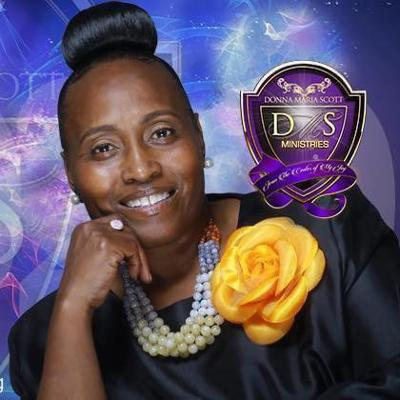Mental Health in a Time of Covid
Melody Fogarty

Some of us remember the lyrics to "Just the Two of Us"..."We look for love, no time for tears/Wasted waters all that is/And it doesn’t make no flowers bloom/Good things might come to those who wait/Not for those who wait too late/We gotta go for all we know." It plays on loop in our heads every time we find ourselves uncomfortable and/or in dire situations because this song illustrates mental health for African Americans, people of color and the poor.
Covid has laid bare that 4 out of 10 adults suffer from symptoms of anxiety and depression. These symptoms are made worse by the tendency of others to deny women, especially black women, the full range of their emotions. Know tears are the manifestation of frustration; they are not a display of sadness. That said, tears do allow you to release your emotions and we should have a good cry every now and again.
In fact, many Americans are experiencing mental health challenges from COVID-19 and some groups report having stress, anxiety, or great sadness due to the pandemic at higher rates. "Among them: Thirty-nine percent of women compared to 26 percent of men. – Forty percent of Latino and 39 percent of Black people, compared to 29 percent of white people and Forty-four percent of people with lower income, compared to 26 percent of people with higher income." (Commonwealth Fund, September 10, 2020) The root cause for most of the above groups of people is loss of social economic status. Women loss more jobs and closed more businesses than men. More Latino and Black-owned business closed than white-owned and operated businesses. In addition, the highest unemployment rates because of COVID are in the black and Latino communities. So, it makes sense that the mental health crisis is greater in the Latino and Black communities.
While there has been increasing acceptance of displays of emotion in the office and other public domains has created a shift in Human Resources Management to include more Industrial Psychologists and Performance Coaches, separate from general Employee Relations, as well as an expansion in Mental Health Services as part of public services, mental health challenges and acceptance is still low.
The time to change to our approach to work and its meaning in our lives has come. It is a corporate transformation; it is a societal shift, one that has already started in the forms of flexible and remote work. We recognize that 40% of all workers will be working in hybrid (1-3 days onsite) jobs and 10% will be full remote opportunities. As a result, there are companies today that operate without offices and 100% remote/work from home and/or offshore employees. The gig economy is the new economy.
We have addressed the dysfunctional effects of the pandemic through Zoom, Facetime, and Skype. However, in the end we have taught people to cope with isolation and workers have determined that they can live with less money or find other work that does not require them to engage with people. The fallout of these shifts is loneliness, anxiety, and depression.
In addition, we have a host of people tackling their long-term traumas from racism, sexism, and childhood mental and physical abuse by acting out in society. In the United States, more than any other country, we are experiencing a record number of serial murders, mass shootings, excessive force, false reporting, bullying, mischief, homicide, and suicide. There is fear, loathing and a significant group of diagnosed, misdiagnosed and undiagnosed individuals living and working in every community and business. The workers' response is to isolate and find different work to minimize or eliminate exposure to co-workers, neighbors, the public and the police.
Manage mental health by managing work/life balance. The toxicity of the workplace/work environment necessitates "smart" work . "As we come out of a worldwide recession and move towards a shortage of key talent, employers will have to have a fundamental rethink of their approach to work. There already is extensive evidence that people are choosing to move jobs to improve their work/life balance. No longer does a big pay packet bring satisfaction to employees with scarce skills. They recognize that time is as valuable an asset as money. So, they will be attracted to work environments where people are expected to have a personal life and not have sacrificed their freedom in the name of career progression." (Thomson, Peter. "New Ways of Working in the Company of the Future." In Reinventing the Company in the Digital Age. Madrid: BBVA, 2014.) Thomson's statements have borne fruit in 2021.
The answer has also been acknowledging and effectively managing our emotions. Remember we all have the right to be angry, sad, happy, and proud AND to express each emotion without being labeled. That said, we must take control of our mental health by doing the following: 1) Protect your sleep by keeping a sleep schedule, not eating heavy right before bed, turning off the television and electronics 30 minutes before bed. 2) Maintain a balanced diet. 3) Get regular exercise. 4) Get involved with the community. 5) Find a hobby.
When all else fails, have a good cry. The sun shines bright after a good rain.
Regards,
Melody
Sparkman Articles











